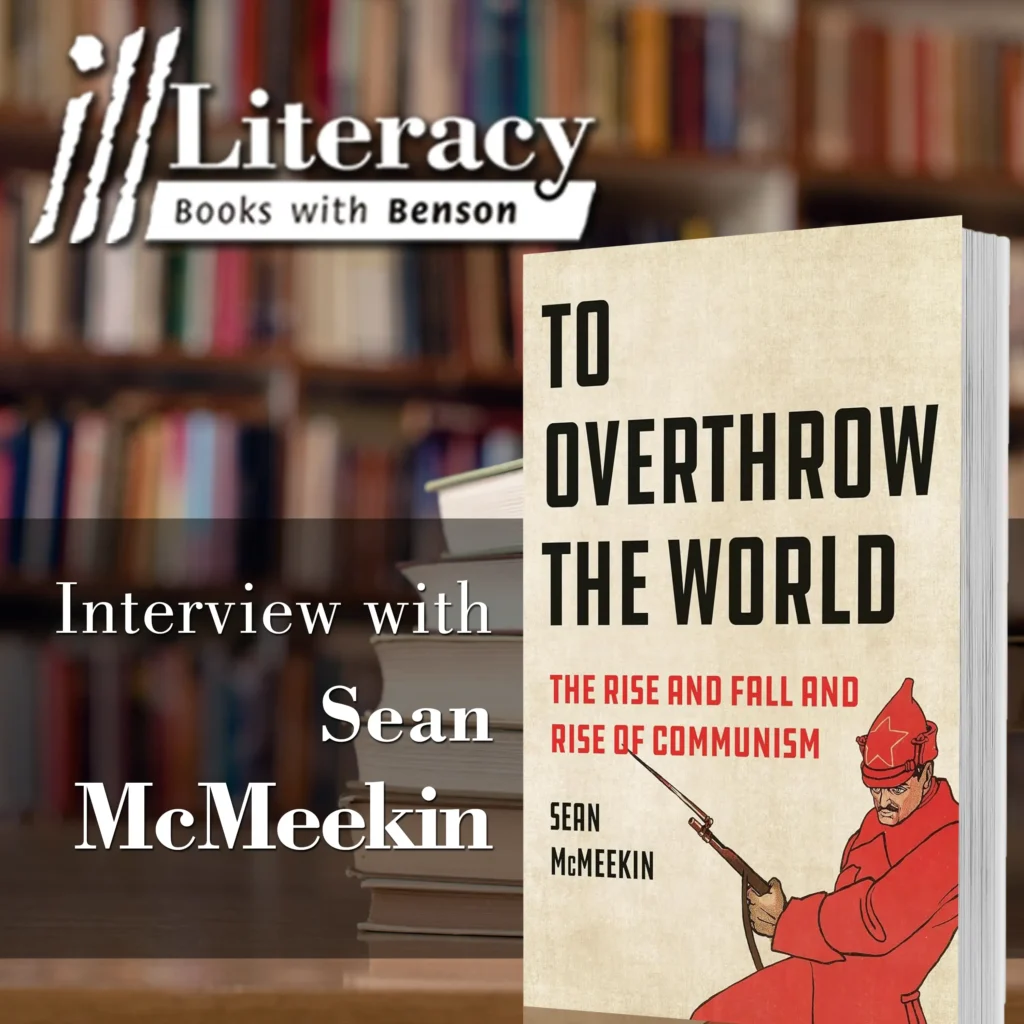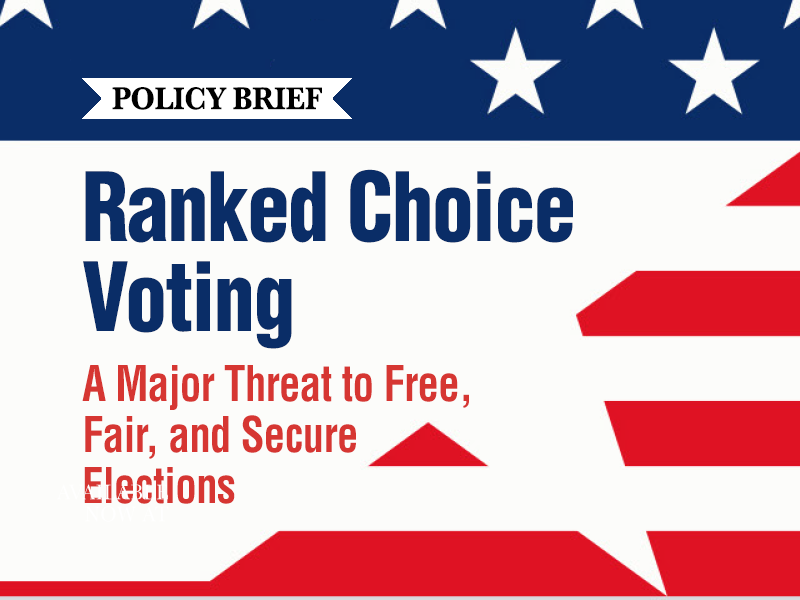One facet of the immigration debate has seldom been controversial but is now unnecessarily unsettled because of politics and the nation’s economic situation. That’s the issue of tailoring U.S. immigration law to the nation’s critical workforce needs by granting better accommodation to well-educated foreign-born workers skilled in high-tech industries.
The so-called H-1B visa, designed to meet precisely that labor need, contains an annual numerical cap demanding regular review to ensure an adequate supply of high-tech workers to meet current industry demands.
Reps. Gabrielle Giffords (D-AZ) and Lamar Smith (R-TX) want to allow many more high-tech workers into the U.S. by raising the H-1B cap.
Giffords would double it from the current 65,000 annual limit, and Smith would triple it. Giffords also wants to carve out exemptions from the cap in future years to, for example, let in U.S.-trained foreign workers without regard to the cap.
Others, such as Rep. Dana Rohrabacher (R-CA), want sponsoring companies to go even further than they already are required to in proving they aren’t displacing U.S. workers when they bring in talent from overseas under H-1B. U.S. tech workers often claim their wages are depressed by foreign competition.
Benefiting All Parties
Competition of any kind–whether in goods, services, intellectual property, or labor–can indeed temporarily depress wages or profits. However, the alleged depression of wages is actually the result of having solved a labor shortage.
That’s why it’s important to remind ourselves of the real virtues of free economic exchange across national boundaries–greater productivity, greater wealth creation, more intense competition, and most important, more job creation both in the United States and abroad.
Comparative advantage means some competitors will do some things better than others, and in a system of free competitive exchange, their relative advantages will complement each other, leaving everyone better off.
That’s everyone–not just Americans, or Indians, or Brazilians, but everyone.
Mutual Advantages
If we accept that maximizing the free flow of economic inputs and outputs (labor, capital, goods, and services) across national boundaries is the right operative principle, we must view issues like the H-1B cap from a different perspective. The question is not whether the United States should allow more high-tech workers to immigrate, but under what circumstances to admit them.
Politically, there is an advantage in being able to demonstrate foreign-born techies are not “taking” American jobs. Documenting that fact should not be made so difficult that the price of imported labor itself becomes non-competitive.
That’s in the interest of American workers, too. After all, U.S.-born and -trained high-tech workers enjoy opportunities for working abroad themselves, and we wouldn’t want them to be blocked by foreign red tape.
Common-Sense Solutions
Surely it would be better to certify foreign-born workers with special skills based on a straightforward security check and proof of training. Caps on a particular class of trained foreign workers, such as H-1B, merely substitute for sound and mutually advantageous policies on high-tech labor from abroad.
It’s not a matter of “outsourcing America” but “insourcing productive labor,” finding the most rational way to utilize the best ideas and talent for America to compete in the global marketplace.
Though a buzzing American economy doesn’t always instantly trickle benefits down to every worker, a foundering economy can wreak widespread havoc very quickly. A major source of the vibrancy of the American economy is its ability to access the best, most suitable labor whenever necessary. While the free movement of labor remains an illusion, the artificial brakes that the nation’s present work-visa caps place on key, high-tech industries must be loosened or removed.
If we can figure out a way to do that, the rest of the immigration mess may eventually yield to common sense as well.
George A. Pieler ([email protected]) is a senior fellow with the Institute for Policy Innovation. Jens F. Laurson ([email protected]) is editor-in-chief of the International Affairs Forum.



